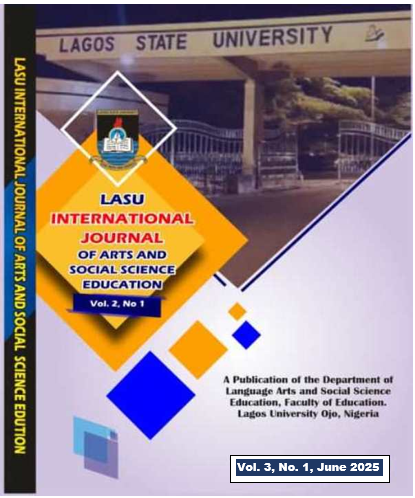UNLOCKING MOTIVATORS AND EXPLORING REMEDIES TO THE RISING TIDE OF MARITAL DIVORCE WITHIN BAUCHI METROPOLIS, BAUCHI STATE, NIGERIA
Globally, marital separation has become a persistent social issue, with both formal and informal mechanisms proving largely ineffective in addressing it. In particular, marital divorce is rising at an alarming rate in Bauchi metropolis, resulting in adverse consequences for individuals, families, the government, and society at large. The severity and frequency of the divorce trend have aroused concern among scholars and policymakers. However, existing studies have been largely conceptual or anecdotal, yielding limited insights. This study, therefore, adopted an empirical approach to investigate the causes, consequences, and potential solutions to the growing divorce trend in the area. Guided by Social Learning and Intersectionality Theories, the study utilised a Social Survey Research Design. The target population comprised divorced men and women aged 18–45. Eight of the thirteen wards in the metropolis were randomly selected as sampling frames, and a sample size of 384 respondents was determined using Taro Yamane’s formula. Respondents were selected through purposive and simple random sampling techniques. Data were collected using a structured and validated questionnaire and analysed using SPSS version 30. Results were presented in frequency tables and percentages. Findings identified socio-demographic incompatibility, misinformation, poor conflict resolution skills, inadequate premarital education, financial disagreements, and substance abuse as major drivers of divorce. Consequences included emotional trauma, financial hardship, child neglect, family discord, and moral decline. Based on the findings, the study recommended establishing marital counselling centres, enforcing marital norms, promoting community-based dispute resolution, and strengthening interagency collaboration to combat the increasing divorce rates in Bauchi metropolis.


